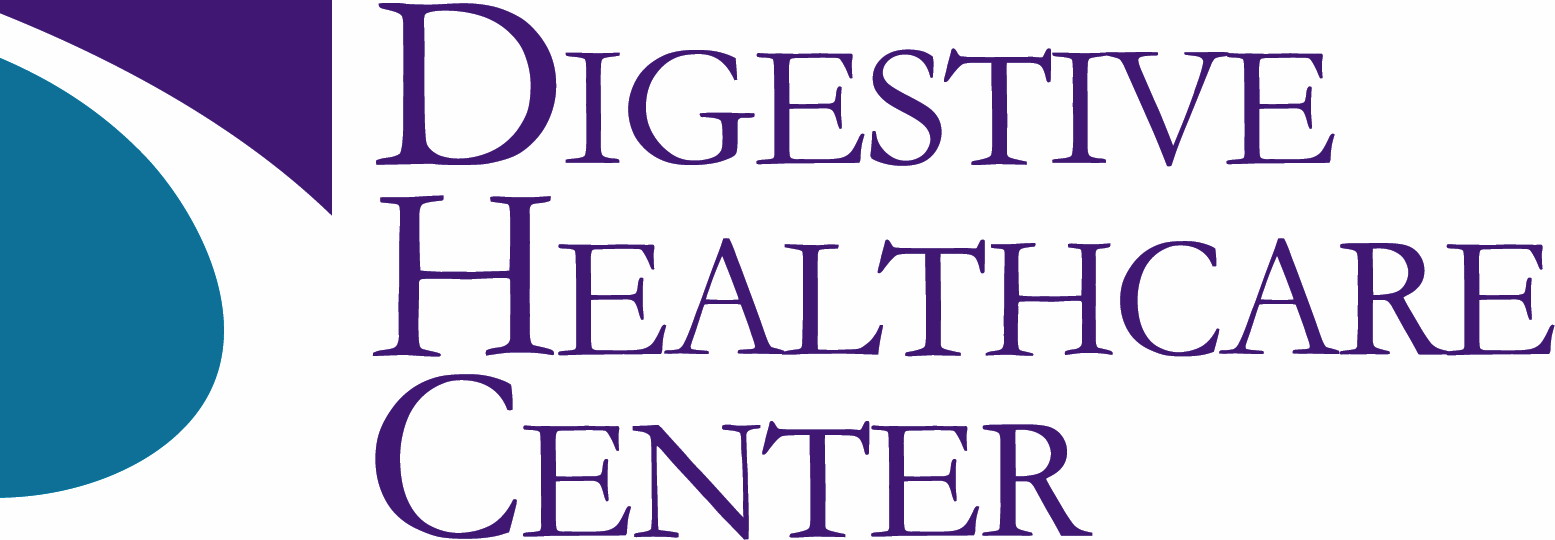Blog
The Most Common Digestive Problems for People Under 35
 When you reach a certain age, digestive problems can be a common occurrence. Often times you’ll hear your older relatives or friends say something like, “I can’t eat the way I used to”. However, digestive problems don’t always wait to strike. It’s a relatively common occurrence that people under the age of 35 can suffer from these issues. Therefore, it’s very important to know the common digestive problems, what can cause them, and how we can help alleviate them. Here’s a beginners guide to digestive problems for people under the age of 35.
When you reach a certain age, digestive problems can be a common occurrence. Often times you’ll hear your older relatives or friends say something like, “I can’t eat the way I used to”. However, digestive problems don’t always wait to strike. It’s a relatively common occurrence that people under the age of 35 can suffer from these issues. Therefore, it’s very important to know the common digestive problems, what can cause them, and how we can help alleviate them. Here’s a beginners guide to digestive problems for people under the age of 35.
Factors that Affect your Digestive Health
Before we really get into the digestive problems themselves, it’s important to recognize the various factors that can impact your digestive health. Below is a brief list of things that should be reduced or controlled to help your digestive health.
-
Sugar
Sugar can be sticky in your digestive system and can even be toxic in high doses. It’s important to avoid high sugar intake, especially from sugary drinks like soda or artificial juices.
-
Alcohol
Alcohol is poisonous and toxic to your body, so when you consume it heavily, it can severely damage your digestive system. Try to limit your alcohol intake and avoid binge drinking.
-
Over-eating
Overeating puts your body into what is called “shut down mode” which happens when your organs are overworked. Doing this frequently can cause long-term damage to your digestive system.
-
Processed Foods
Processed foods often times contain things the are indigestible by the human body, which can greatly damage the digestive system.
-
Cold Items
Cold food and drinks can slow down the digestive process, prolonging it and sometimes making it painful.
-
Antibiotics
Antibiotics can harm your digestive system. Couple them with nourishing food and probiotics.
-
Over-exercising
Exercising too much depletes your QI levels, making the digestive system weaker.
-
Emotions
Stress and anger can have a negative impact on various different organs, especially if it is prolonged and not dealt with.
-
Pain Killers
Painkillers like acetaminophen contain chemicals that can be detrimental to your organs, especially if taken frequently.
-
Lack of Sleep
Sleep can impact nearly every aspect of your body’s functionality. Your organs need rest and time to recover, that includes your digestive system.
Digestive Problems in Young People
While digestive problems exist within people of all ages, these are the ones that are most common among children and young adults.
- GERD Under 35While most people will experience heartburn or acid reflux at some point, Gastrointestinal Reflux Disease (GERD) is the chronic occurrence of acid reflux. It can be characterized by heartburn, bad breath, tooth erosion, and discomfort in the abdomen. Most cases can be treated with lifestyle changes or over-the-counter treatment, though more severe cases may need further medical attention.
- Irritable Bowel Syndrome Under 35Irritable Bowel Syndrome (IBS) has been known to first appear in the teenage years and brings along nausea, diarrhea, constipation, and cramping. IBS can sometimes be alleviated with lifestyle changes, however it’s always best to consult with your physician to determine a course of action.
- Celiac Disease Under 35Celiac Disease is characterized by the patient having a serious reaction when they consume gluten, which is found in wheat, rye, and barley. It can cause damage to the small intestine and impact nutrient intake if not taken seriously. The only treatment as of now is to maintain a gluten-free diet. By doing so, you will prevent any future damage to the small intestine and give previous damage the opportunity to heal.
- Inflammatory Bowel Disease (IBD) Under 35Inflammatory Bowel Disease typically falls into two categories, Crohn’s Disease or Ulcerative Colitis. Both can be painful, causing bloody or watery stool, kidney stones, liver disease, stunted growth, and other health issues. Ulcerative colitis causes swelling in the colon while Crohn’s disease can affect any part of the digestive system. The hereditary diseases can be treated with lifestyle changes, medication, and surgery to alleviate symptoms, however there is no full cure.
- Eosinophilic Gastrointestinal Disorder (EGID) Under 35EGIDs include any disorder in which there are extra eosinophilis which are a special type of white blood cells seen in allergic conditions or parasitic infections cells in the digestive system. This can cause inflammation in the system, which can cause great pain, discomfort, or trouble swallowing. Though the cause is unknown, steroid shots can be used to alleviate pain. Diet changes may be recommended, but extreme cases may require a feeding tube to be implanted.
Get Guidance From the Top Gastroenterologists in New Jersey
If you think you think you may be suffering from any of these digestive problems, or any others, do not hesitate. Contact us at the Digestive Healthcare Center. We offer the highest quality treatment options from the most renowned gastroenterologists and digestive specialists in New Jersey. We can pinpoint the problem and determine a course of action that best suits you. Visit one of our three locations and begin your path to lasting digestive comfort today.
Make an Appointment for Comprehensive Digestive Care in NJ
At Digestive Healthcare Center, we want each patient at our three offices in New Jersey to feel confident about their digestive health. We encourage you to contact us today to make an appointment with one of our expert gastroenterologists – don’t wait to start putting your digestive health first!
Recent Blogs
Learn more about all things digestive health and wellness by checking out our recent gastroenterology blogs.

Walk in Solidarity and Support Breast Cancer
Blog On October 21st the DHC team and family members had a wonderful time walking in solidarity and support of Breast Cancer in honor of

The Do’s and Don’ts of Eating This Holiday Season
Blog The holiday season is officially upon us, complete with holiday food and cheer. While this time is well renowned for being “the most wonderful
Tame Your Flame: Our Summer Guide to Digestive-Friendly Eating
Blog With summer officially upon us, barbecue season is in full swing. That means blue skies, sunshine and making merry memories. Whether you’re invited to
